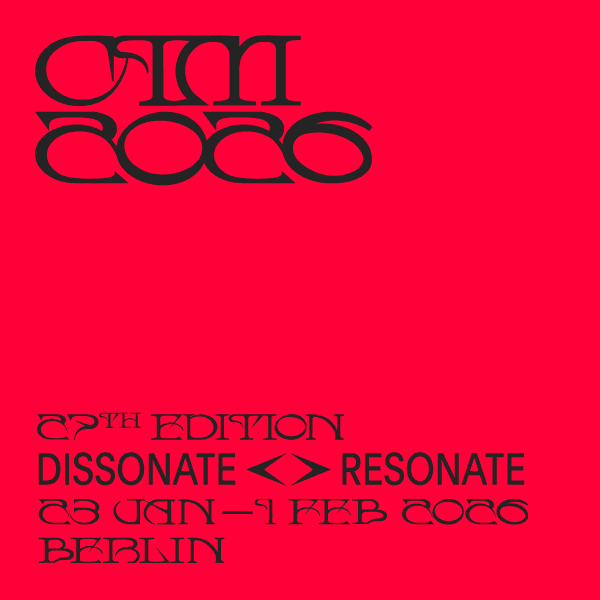The Danish Music Review
The Danish Music Review
Orchestras in the Various Parts of the Country
(129-134)
In this article Knudåge Riisager, the Danish composer, gives an account of the report issued by a special committee appointed by the ministry of education in order to examine the conditions of establishing four permanent symphony orchestras in various parts of the country. The idea of this arrangement came into existence in the 30ies, when the radio - having first of all enfeebled the interest for living music. - created a renewed interest for it, also among those layers of the population who had not before the arrival of the radio been able to get in touch with living music. This interest gradually became a need, and music slowly regained its place as an important factor of the cultural life. In the year of 1935 the first town-orchestra was established in Aarhus, the capital of Jutland, and in 1941 Aalborg followed suit as well as Odense, the native town of Hans Andersen, the great poet. Some few minor orchestras have been founded in other towns but these must still be regarded as amateur orchestras.
Such was the situation as to orchestras in Denmark when on October 29th, 1943, the special committee of the ministry of education started its work. The first task of this committee was to examine the possibilities of creating an economical basis for the existence of the orchestras independently of the revenue of the state, but at the same time the committee was to work with the arrangement of the orchestras on a democratic basis and to provide a sufficiently high level as to their artistic quality.
Previously musical life was based on private patronage, and it was mainly concentrated in the upper classes. This was completely changed by the radio, and still greater subsidies had to be placed at the disposal of the work of the provincial orchestras for the development of a taste for music. But a really satisfactory solution was not reached by the small allocations granted by the »cultural funds«. Already in 1942 concerts by the pupils were arranged in the schools. These have met with approval as they have proved to be of the greatest social and educational importance instilling in youth a really valuable interest. Futhermore it has been considered desirable to extend the cultural work for music by arranging concerts for workers and employees in large factories and other activities.
During the planning of these arrangements which took place during the German occupation it was impossible to study the orchestral life of other countries except that of Sweden, which, however, did not suit conditions in Denmark as in Sweden no special work was being done in order to spread the knowledge of music throughout the country.
It appears from the following scheme that f. inst. one provincial orchestra by being divided into two minor orchestras may hold seven concerts a week such as one large symphony concert, one popular concert, and one school concert in its own town, and one symphony concert, one school concert and two concerts with fewer musicians in other towns. In the course of one year the total will thus be 335 concerts. In the same manner as in England the mobility of the orchestras to other towns will be facilitated by bus transport. Each orchestra will consist of 64 musicians who will be paid as the case might be with about 7000-10.000 Kroner. (The purchase power of 100 Kroner almost corresponds to 5 £ or about 35 $). For each orchestra two conductors will be provided with a salary of 18.000 and 12.000 Kroner respectively. The costs of each orchestra will amount to 903.000 Kroner from which should be deducted an annual revenue of about three million Kroner, and it will be attempted to raise this amount by putting a tax on cinematickets of Kroner 0,04, which should amount to about two million Kroner, and by a contribution from the Danish Broadcasting Corporation of about 950.000 Kroner. The entire arrangement will according to the »report« be placed under the supervision of a special »Provincial Orchestra Council« which should arrange the concerts and the music propaganda accompanying the work.
This, however, is only the result of the work performed by the committee of the ministry of education, and in fact a considerable part of it, but the final decision - if the plans are to materialize in the forms as indicated above - lies in the hands of the government, and it is only to be desired that this very badly needed organisation of Danish musical life might be realized as soon as possible.
Danish Music in the Third Programme of the 13. B. C.
On Thursday, October 2nd Danish music will be played on the B.B.C. Third Programme. Mogens Wöldike, the Danish conductor has been invited to England to conduct the first symphony by Carl Nielsen, the great Danish composer. This work was written in 1892 and had its first performance in Copenhagen in 1894 under Johan Svendsen, the famous composer. After a performance of this symphony in Dresden in 1897 Georg Riemenschneider, the highly estimated German music critic wrote: »»I must freely admit that I have never heard a more remarkable work. Its composer who - in spite of my great interest for the Scandinavian people - is entirely unknown to me, reveals a peculiarity which is very seldom to be found, of late not at all. From the beginning to the end the symphony is completely original. Proudly the accomplished artist goes his own ways««. - Besides a Danish Te Deum by Professor Knud Jeppesen, the well-known Danish music scholar and composer will be played. (See Danish Music Review nr. 1, 1947, on page 29).

